Traditional Watch: Where Should You Invest?
Over the past few years, the world of watches has evolved significantly with the advent of smartwatches.
In this article, we will compare Smartwatch vs.
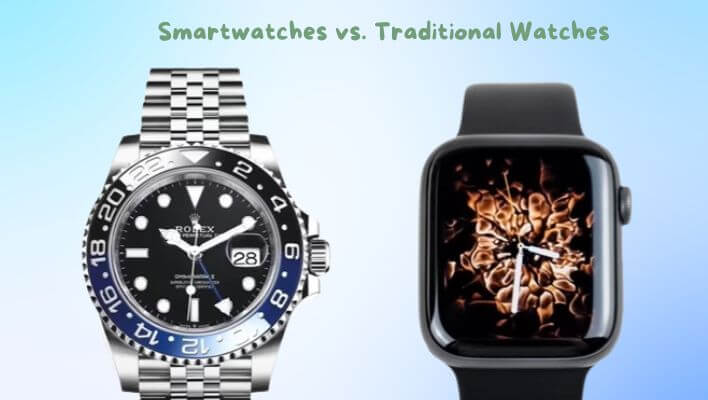
Smartwatch vs. Traditional Watch
Traditional Watches, considering various factors such as functionality, aesthetics, cost, and more.
In contrast, smartwatches are multi-functional devices.
With a smartwatch, your wrist becomes an extension of your smartphone.
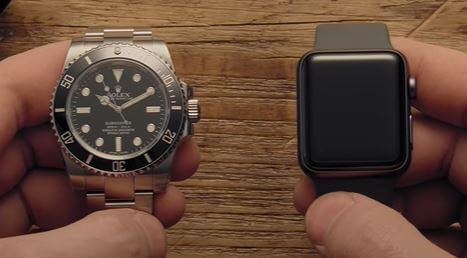
Smartwatch vs. Traditional Watch
On the other hand, smartwatches lean towards a modern, tech-savvy look.
With customizable digital watch faces and interchangeable straps, they allow for a degree of personalization.
Yet, they may not carry the same prestige or timeless elegance as their traditional counterparts.
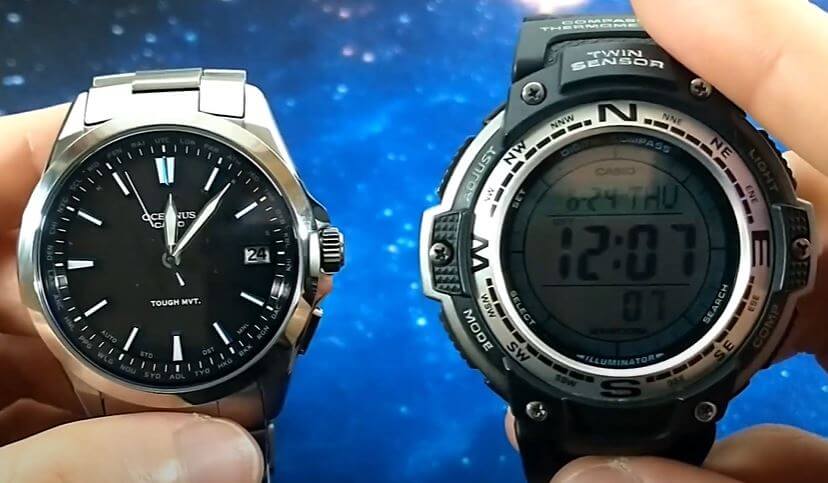
Its not uncommon for well-maintained luxury watches to be passed down through generations.
Their mechanical movements, if serviced properly, can run smoothly for decades.
Smartwatches, in comparison, have a shorter lifespan.
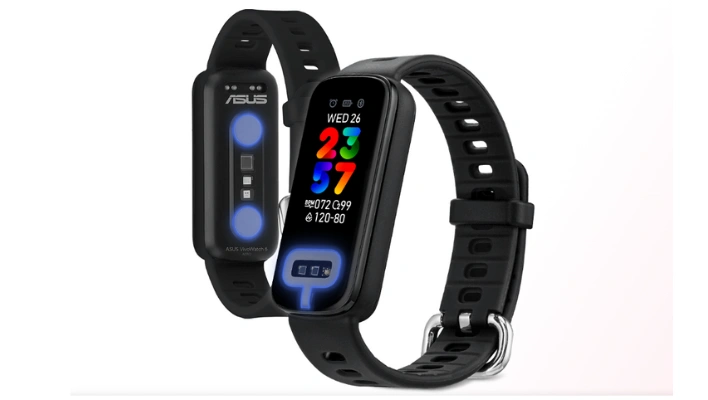
As technology advances, older models can become obsolete.
Additionally, issues like battery life degradation and software compatibility can impact the longevity of a smartwatch.
Cost: Initial Investment vs.
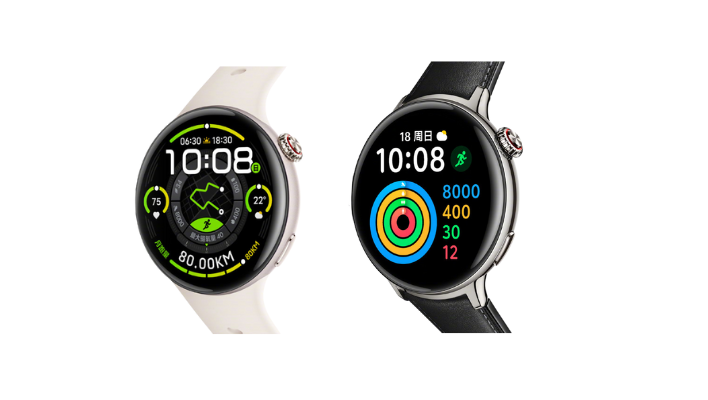
Long-term Value
Cost is a significant factor in the smartwatch vs. traditional watch debate.
Traditional watches can range from affordable to incredibly expensive, depending on the brand and model.
Luxury watches can be seen as investments, often appreciating in value over time.
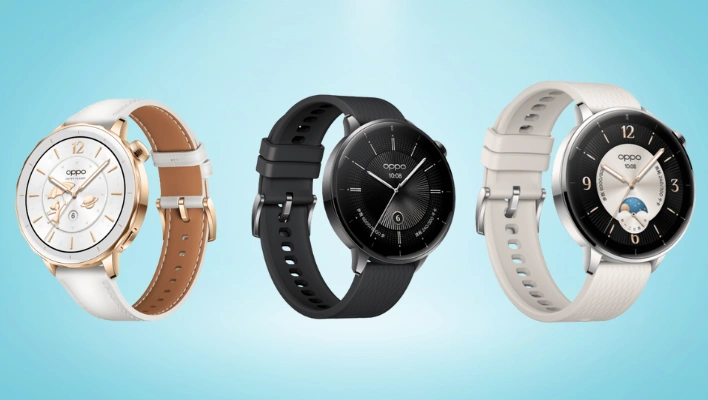
They require regular charging, pairing with a smartphone, and software updates.
However, once mastered, they provide a level of convenience and functionality hard to match.
Conversely, traditional watches are straightforward to use.
Apart from setting the time or adjusting for daylight savings, they require minimal interaction.
Smartwatch vs.
Traditional Watch: Whats the Difference?
Smartwatch vs.
Traditional Watch: Which One Is for You?
In the end, whether a smartwatch or traditional watch is better largely depends on personal preference.
If you value technology, connectivity, and functionality, a smartwatch is likely your best bet.
No matter what kind of watch you prefer, theres a perfect watch out there just waiting for you.
FAQs
1.
Can smartwatches replace traditional watches?
While smartwatches offer an array of features beyond timekeeping, they cannot fully replace traditional watches.
The choice between a smartwatch and a traditional watch often depends on personal preference, need, and lifestyle.
Are smartwatches worth the investment?
Do traditional watches hold their value?
High-end, traditional luxury watches often hold their value and can even appreciate over time.
However, this may not be true for all traditional watches, especially those from lower-price segments.
Can smartwatches be used without a smartphone?
However, to maximize a smartwatchs functionality, pairing it with a smartphone is usually necessary.
Do traditional watches need regular maintenance?
Yes, like any mechanical equipment, traditional watches require regular servicing to ensure their longevity and precise timekeeping.
Depending on the model and usage, servicing is typically recommended every 4-5 years.